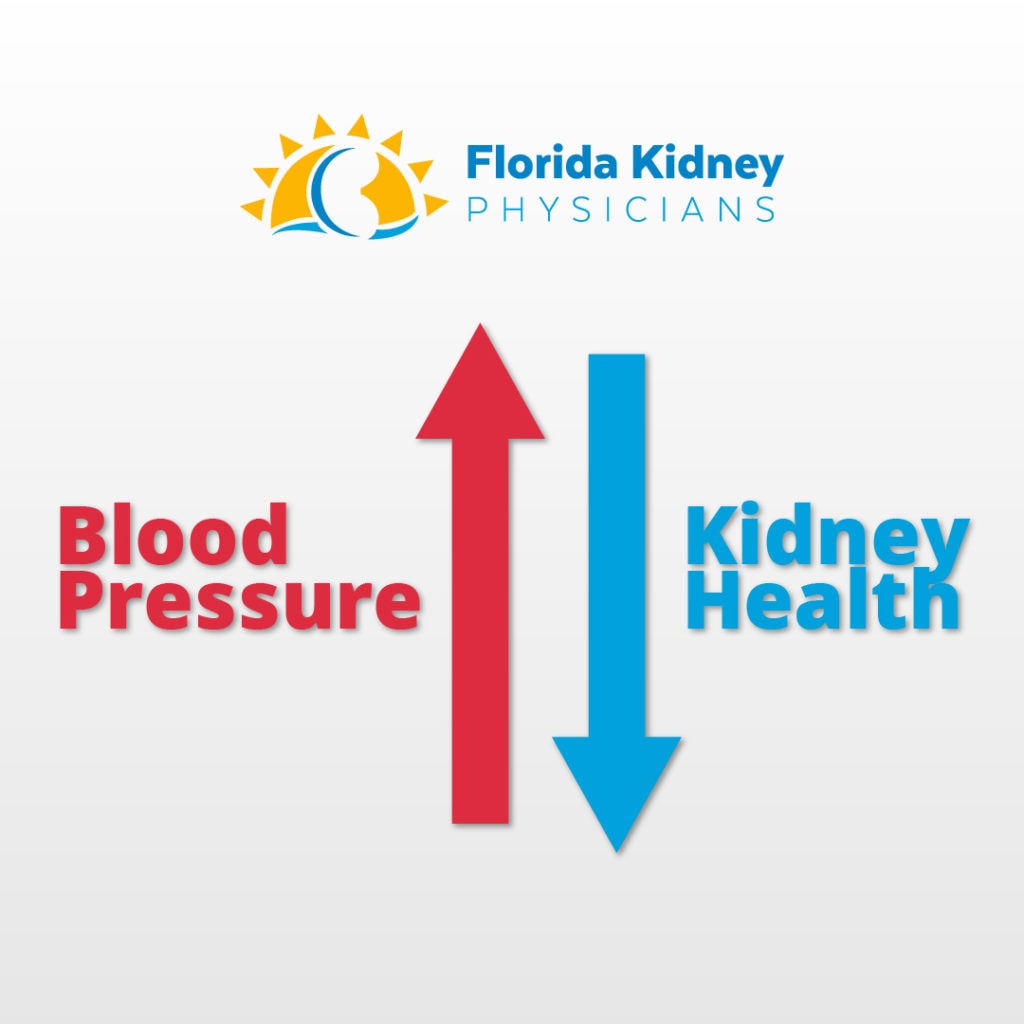Most people underestimate the detrimental effect that high blood pressure has on their health.
It’s not just a bad headache every now and then. In fact, arterial hypertension can damage your kidneys if left untreated, and that’s why you need to see a nephrologist to make sure you’re in the safe zone.
But why is high blood pressure so bad for kidney health? What blood pressure levels are safe?
When should you see a nephrologist to talk about your hypertension?
Let’s dig into the details.
How high blood pressure damages the kidneys
In simple terms, consistently hypertension means more force being applied to the walls of your kidneys’ blood vessels. Over time, this pressure damages the lining of the blood vessels and results in:
- Accumulation of plaque in the renal arteries
- Narrowing and hardening of the arteries due to plaques and local damage
- Poor blood supply to the kidney tissues
- Impairment of kidney function and progressive kidney damage
This condition is also known as hypertensive kidney disease, hypertensive nephropathy (HN) or hypertensive nephrosclerosis (HN). A major problem in this scenario is that hypertension leads to kidney damage and chronic kidney disease (CKD), but studies indicate that CKD also promotes hypertension. Scientists estimate that high blood pressure is seen in about:
- 23.3% of people without chronic kidney disease
- 35.8% in patients with stage 1 CKD
- 48.1% in stage 2 CKD
- 59.9% in stage 3 CKD
- 84.1% of patients with CKD stage 4-5
In other words, the connection between hypertension and CKD is a self-reinforcing vicious cycle that quickly gets ugly if left untreated. It’s crucial to get your blood pressure under control BEFORE it causes extensive damage to the kidneys!
Blood pressure: how high is too high for your kidneys?
According to the latest American Heart Association guideline, arterial hypertension is defined as a
blood pressure level starting at 130/80 mm Hg.
Everything above that point is reason enough to see a cardiologist AND a nephrologist. The first
specialist will help you establish a solid strategy to prevent your blood pressure to rise further up
while a nephrologist will access your risk for developing CKD as a result of hypertension (both
current and expected).
Remember that the higher your BP, the more likely you will be to experience kidney damage.
Extremely high blood or poorly controlled blood pressure levels may cause malignant
nephrosclerosis, especially when the second BP number (the diastolic blood pressure) goes over
the 130 mm Hg threshold.
Don’t wait for the damage, get your blood pressure under control as soon as possible!
Conclusion
Arterial hypertension is a condition that many people leave untreated for years or even decades,
and that’s a potentially life-threatening attitude in the long run. hypertension is extremely
detrimental for the kidneys, so make sure to visit a nephrologist every once in a while to make sure
your kidneys are functioning well.
It’s always better to prevent kidney damage or treat it while it’s minimal than wait for kidney failure!
Make an appointment with one of our experienced nephrologists to check

